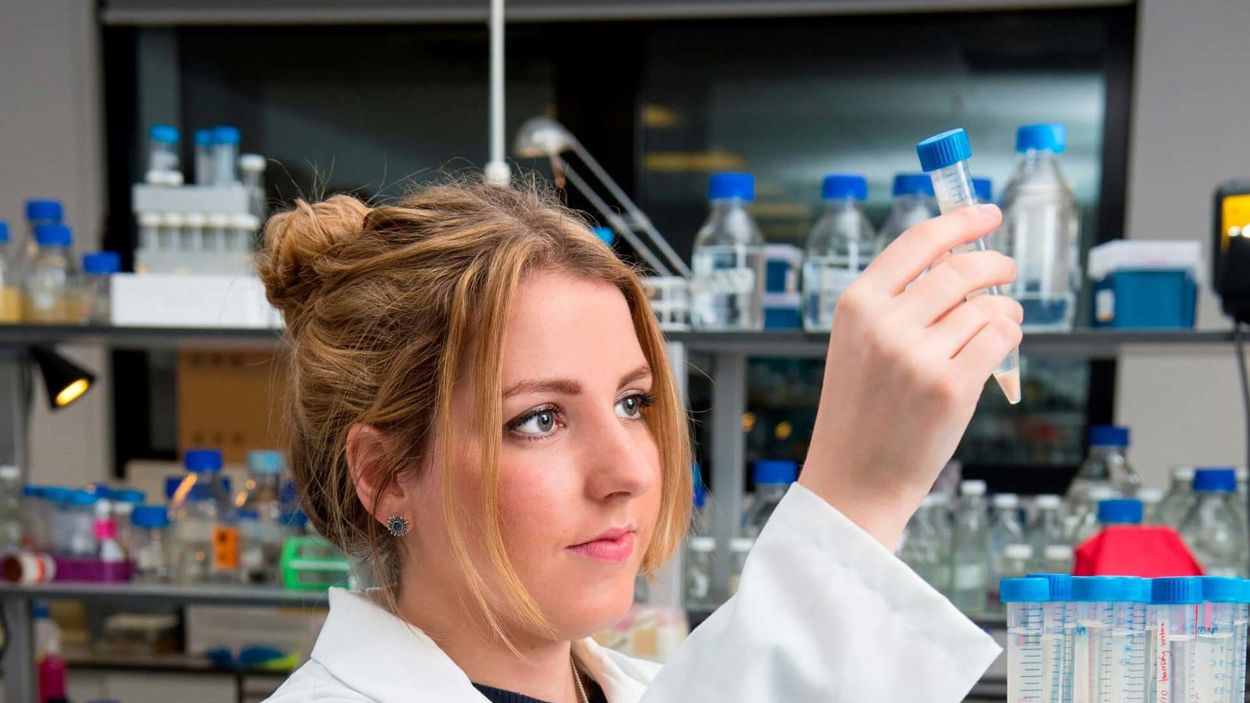general information
The primary objective of CICRA is to fund medical and scientific research aimed at understanding, treating and seeking a cure for inflammatory bowel disease (IBD), and in particular but not limited to, the potential to help children and young people with this condition.
CICRA has several streams of funding which are all peer reviewed by our Medical Advisory Panel (MAP) and external expert reviewers, with the exception of the small bursary grants – these are assessed by the CICRA Trustees. The funding streams are:
- 3-year Research Fellowship – a clinical/scientific training post for paediatricians in training who are seeking to specialise in paediatric gastroenterology with an interest in IBD. Many leading paediatric gastroenterologists in the UK have received their training through this scheme
- 3-year PhD Studentship – a scheme to encourage young scientists to gain their PhD while researching IBD.
- 1- or 2-year Project Grants – either to support a single project or part of a larger ongoing project.
- An annual £1000 bursary grant is awarded for trainee paediatric gastroenterologists towards travel to international scientific/medical meetings or as a Start-up grant for a pilot study.
CICRA ensures that it receives expert and independent advice for all funding opportunities and that all proposals are assessed objectively, impartially and in accordance with guidelines set down by the Association of Medical Research Charities (AMRC), of which CICRA is a member.
CICRA is very grateful for the support received from members of the medical profession who act as advisors in the peer review process, whether as members of the Medical Advisory Panel or as independent referees.
peer review
Following the close of adverts inviting applications for funding all applications for financial support are initially reviewed by the CICRA Grants Administrator (a CICRA Trustee) to ensure they meet the criteria set for each type of award. After discussion with the Chair of the Medical Advisors any application falling outside of the criteria will not be further reviewed and the applicant will be notified.
Copies of all applications are sent to each member of the Medical Advisory Panel (MAP) together with a form for grading in five areas to be returned to the Grants Administrator together with suggestions for external referees. If a member of the MAP have an application in of their own, they will not receive the other applications or take any part in the awards process in their particular funding stream but will be able to grade applications in other streams.
All members of the MAP are asked to notify the Grants Administrator if they are conflicted in any other way in which case they will drop out of the funding stream in which they are conflicted.
In discussion with the Chair of the MAP, and one other MAP member, external referees are considered for their expertise and ability to review in that particular area of research. When a minimum of two external reviewers for each application have been identified they are approached by the CICRA Grants Administrator and, if they agree to act as a referee, and are not conflicted, they are sent a copy of the application with an evaluation form for comment and grading. Applicants with a possible high score but with need of clarification on specific points will be given the opportunity to answer these queries before the MAP meet.
Scores from external referees and all MAP members are returned to the CICRA Grants Administrator, who calculates mean scores, ranks them, collates all comments and sends to the members of the Advisory panel prior to their annual meeting. At their annual meeting at least the top three ranked applications in each funding stream will be considered by the MAP (minimum 6 members). The Chair of the MAP then makes the recommendation of the Panel to the Trustees for the final decision on which grants to fund. The Grants Administrator notifies the applicants of the outcome of the Trustees decisions and provides anonymised comments from the referees.
